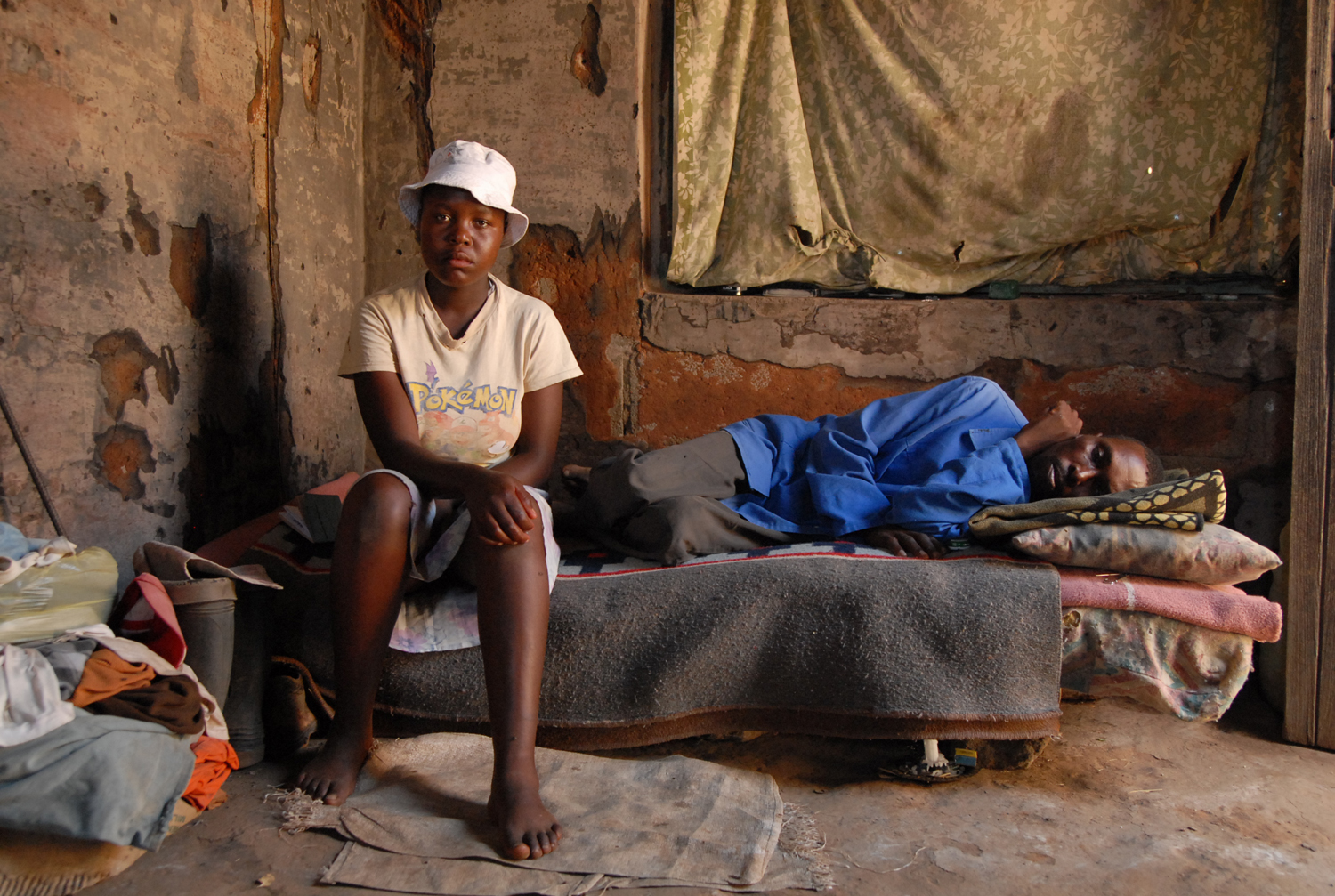While HIV programmes focus heavily on reducing externalized stigma and ill-treatment of HIV patients by society, little is done to deal with a patients’ self-perception and how that might deteriorate following an HIV diagnosis, speakers said at a session on stigma at the 16th International Conference on AIDS and Sexually transmitted infections in Africa in Addis Ababa.
Studies show that depression is the most common psychiatric disorder among people living with HIV, and is more prevalent among HIV-positive people than the general population.
"Operational research carried out in Zambia has found a positive correlation between patients who self-stigmatized and failure to adhere to treatment," said Sikazwe Izukanyi from Zambia’s Ministry of Health. "Self-stigma was often found in patients who did not disclose their status to partners or family members - making it difficult to maintain strict adherence to regimens while trying to hide the drugs."
Izukanyi noted that while counselling was a standard part of HIV care in Zambia, counsellors needed to be made aware of the prevalence of self-stigma and how to deal with it.
A 2010 Ugandan study by Makerere University found that HIV-positive patients were more critical of themselves, had significantly greater problems making decisions, poorer sleep, tired more easily, experienced more appetite changes and had more cognitive impairment.
ARVs and self-stigma
According to a study by Yordanos Tiruneh, an Ethiopian academic with US-based Northwestern University, antiretroviral (ARV) therapy has been key to reducing external stigma by minimizing the visibility of physical imperfections and restoring functional daily activities such as the ability to work. The study, which used 105 interviews with Ethiopian men and women on ARVs, also found that the support networks formed by people living with HIV gave them much-needed social capital.
However, according to Yordanos, while ARVs were linked to a reduction in external stigma, the study found that they tended to increase internalized stigma, sometimes resulting in failure to properly adhere to ARVs.
"When I think of the two tablets that keep me alive, I hate myself and I feel that I am dead," one of the study’s interviewees is quoted as saying. "Sometimes I get furious to see myself like a walking corpse, and other times I see myself as a doll that functions with a battery. I would say, without these batteries [pills], I am nothing."
According to a US study, adherence to ARVs was higher in patients for whom anti-depressants were prescribed.
A severe shortage of mental health professionals in Africa means that HIV-associated depression is largely ignored. For instance, according to the UN World Health Organization, Burundi has just one psychosocial care provider per 100,000, against a target of at least eight, while Ethiopia has less than one, against a similar target.
"The problem is largely a human resources one; while strengthening health systems, governments should remember to focus on mental-health issues," said Izukanyi. "As it is, we have no systems for screening, diagnosing and treating patients with mental-health issues."
Among other things, experts recommend integrating mental-health services into primary healthcare activities, developing mechanisms to ensure a good supply of psychotropic medication and more research into mental-health issues in Africa.
kr/mw
This article was produced by IRIN News while it was part of the United Nations Office for the Coordination of Humanitarian Affairs. Please send queries on copyright or liability to the UN. For more information: https://shop.un.org/rights-permissions





